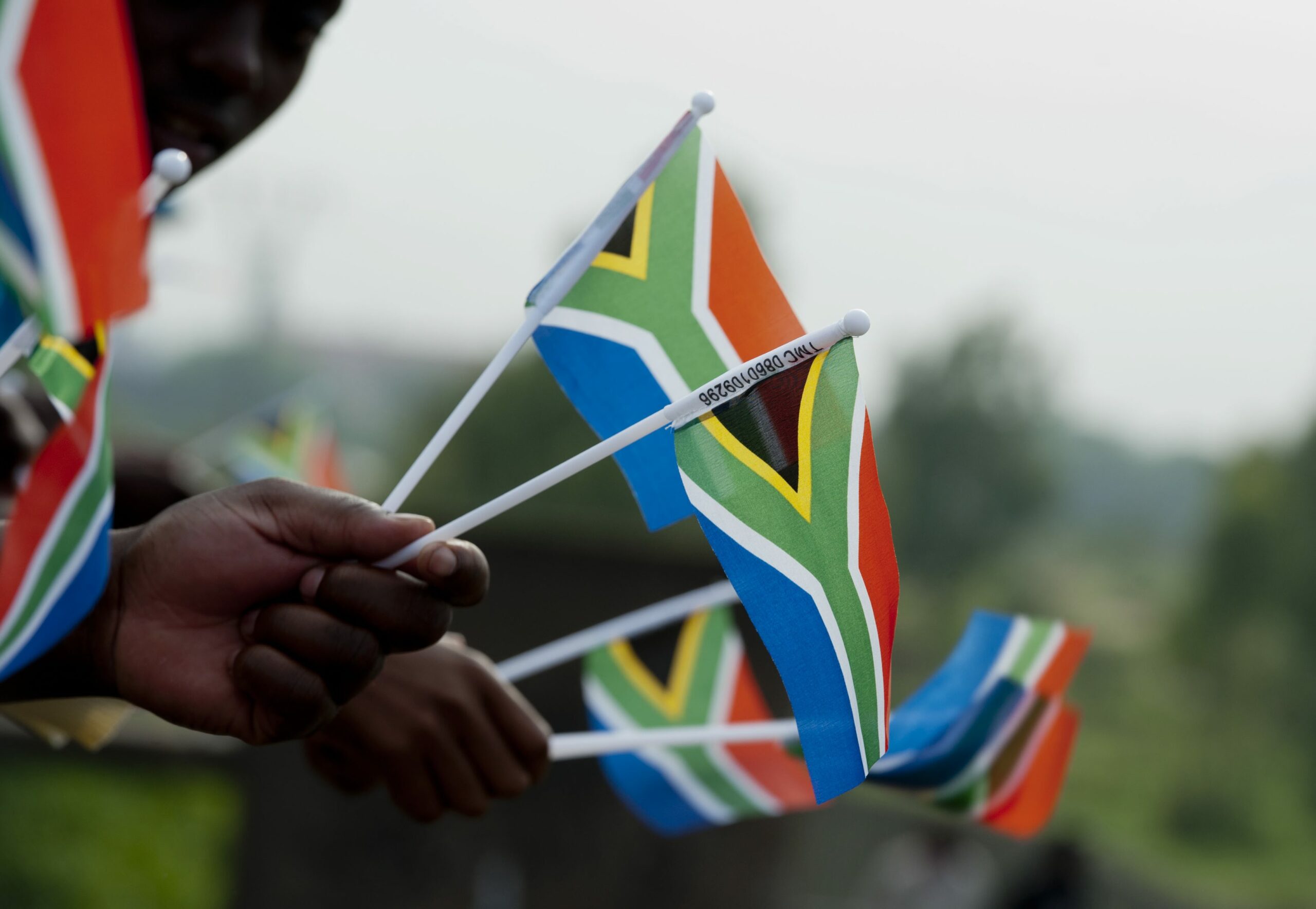This week, 27 years since South Africa’s first democratic election, four psychologists from the Community and Social Psychology Division of the Psychological Society of South Africa (PsySSA) responded to the question: “What does freedom mean to you?”
Dené Du Rand, a clinical psychologist and lecturer in the department of psychology at the University of South Africa (UNISA), said that as a person of colour, Freedom Day is a time to remember and celebrate the lives of those who contributed to our freedom.
“It is because of their sacrifices that I am in a position today to have access to many opportunities. Many of the people before me were denied the opportunity to education, freedom of speech and the very freedom to be a human being. Although many of the historical injustices are still present today and we are still feeling the aftermath of our country’s traumatic history, I cannot deny the fact that I am in a better position than many people of colour were historically.”
Du Rand wondered whether the celebration of Freedom Day makes sense to those who are still living on the margins of society. “Considering that we are not completely free because many people are still disadvantaged and it will probably take a very long time before we can close the gap between those historically privileged and those historically disadvantaged. We still have a long way to go before we can claim that we’re free.”
“As a psychologist, I feel it’s my ethical and moral responsibility to not repeat these patterns of injustices. Instead, I believe that I have an ethical responsibility to heal and not to cause harm. So, as I commemorate Freedom Day this year, I will remember the sacrifices of those who came before me but I will also not forget those who are still struggling on many levels as a result of our country’s past.”
Suntosh R Pillay, a clinical psychologist at King Dinuzulu Hospital Complex in Durban, remarked that “freedom, as a process and a destination, as a metaphor and a lived reality, must pivot our thinking, doing, and feeling, or we risk straying too far from meaningful psychosocial praxis”.
“Freedom Day in South Africa always provides an opportunity to reflect on the multiple meanings of freedom to us as citizens of a complex country, held captive by so many social paradoxes and dilemmas. This April 27 2021 challenges us more than ever to reconsider what it means to be free in a world besieged by the Covid-19 pandemic. As PsySSA, an organisation of psychology professionals, this question of freedom resonates deeply, touching on the human core of our purpose as social scientists, mental health experts, researchers, teachers, policymakers, leaders, managers, and writers.
“Is psychology succeeding in meeting its liberatory promises to help create a just society free of oppression and repression? How are psychologists, registered counsellors, students, psychometrists, lecturers, and custodians of the field grappling with questions of freedom in their work? Helping people free themselves from mental suffering is inseparable to helping our country free itself from structures of injustice.”
Curwyn Mapaling, a clinical psychologist working at Nelson Mandela University, said that personally he struggled to reflect on what freedom means to him “because for what felt like the longest period of my life, although it was only almost two years, it felt as though it was non-existent. It felt as though it had been taken away from me, as though I was being made to feel like there were so many restrictions preventing me from living freely. I spent so much time fighting for it that I just realised I had not even stopped to celebrate it once I had regained it. For this year I choose to celebrate that fateful day in 1994 and choose to be free of oppression, injustice, guilt and shame … even if just for the moment.”
Mapaling said that professionally, “within the confines of the human mind, body and spirit and daily life, somewhere exists the ability to freely associate, to think, feel, behave — freedom to just be, become and belong.
“I am reminded of this by the first book I read before starting my M1, The Gift of Therapy by Irvin Yalom, in the following quote: ‘Through the accretion of our choices, our actions, and our failures to act, we ultimately design ourselves. We cannot avoid this responsibility, this freedom’”.
Avivit Cherrington, a community educational psychologist and senior lecturer at Stadio Institute of Higher Education, says that according to singer Janis Joplin, freedom is just another word for “nothing left to lose”.
“But not sure I really agree with this concept. It always seems to me that every year the loudest voices and celebrations of Freedom Day tend to belong to those who hold tightly to all the somethings they are terrified of giving up or losing. Perhaps we have become a society that equates privileges with blessings?”
“For me the idea of freedom has always been intimately tied to equality and justice. How is it possible then to celebrate our ‘free’ society when violence against women remains so pervasive, when we marginalise and exclude those who refuse to be placed into binary, limiting gendered labels, and when we continue to comfortably deny that most children in this country will never get to experience the value of a quality education? Freedom is an attitude of the mind and a way of being in the world. We are either all free or we are not. Hopefully, one day I will be able to savour Freedom Day, when all our collective voices have something worth holding on to and celebrating. But … not today.”

